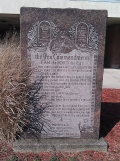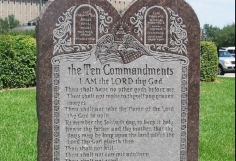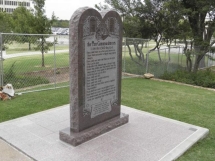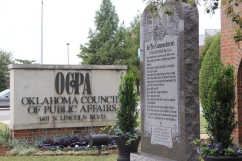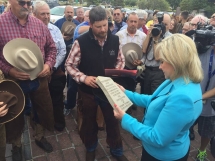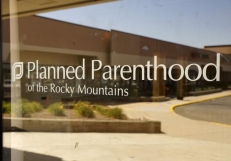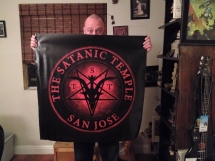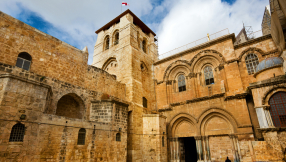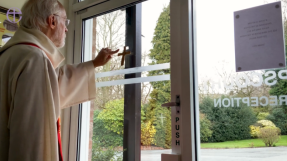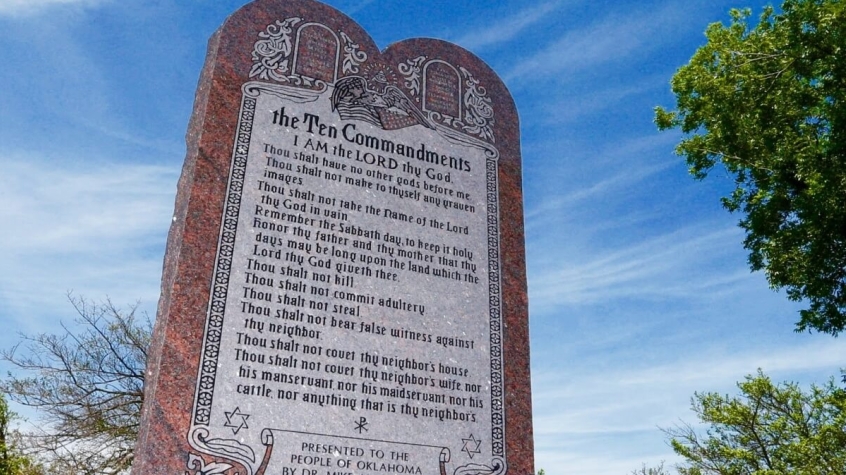
The Oklahoma Senate has approved a resolution that would ask voters to decide on whether they agree or not to return a Ten Commandments monument to the State Capitol grounds.
Voting 39-5, the Senate passed Senate Joint Resolution 72 that will put on the November ballot an amendment of Oklahoma's Constitution that prohibits public money or property to be used to benefit a church or religion.
That section was used by the Oklahoma Supreme Court as the basis of its order issued last June for the removal of the monument from the capitol grounds.
The resolution by state Republican Rep. John Paul Jordan aims to remove the section stating that "public money or property cannot be used directly or indirectly for any sect, church, denomination, or system of religion."
"Since the Oklahoma Supreme Court's decision in June regarding the Ten Commandments monument, my constituents wanted to know what could be done," he said. "I knew it would be a difficult proposition to undo the ruling, so we looked at giving voters the opportunity to remove the basis for the ruling."
House Speaker Jeffrey Hickman said the voters should be heard.
"Oklahomans overwhelmingly supported the placement of the Ten Commandments monument on the grounds of the state Capitol and they will now be given the opportunity to address the issue in our Constitution which the Supreme Court cited in ordering the removal of the Ten Commandments monument," he said.
The monument was removed last October as directed by the Supreme Court. Rep. Mike Ritze proposed the monument in 2009, using his own funds to pay for it.
The monument was placed at the capitol grounds in 2012.
Baptist Separatist minister Bruce Prescott and the American Civil Liberties Union filed a lawsuit against the monument last year.
"I sincerely believe it is not the place of the government to co-opt this sacred scripture for political purposes," said Prescott, according to CBN News.
Ryan Kiesel, ACLU's executive director, said even if voters agree to amend the state Constitution and return the monument, it will be challenged in court under the U.S. Constitution.










